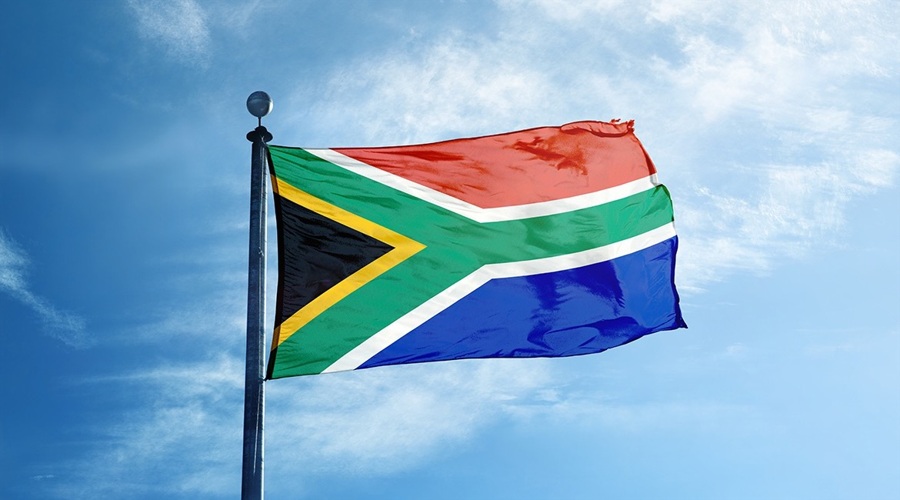SARB drives digitisation of the South African rand
SARB strategic shift suggests that the bank is on the verge of ushering in a cashless era, prioritising financial inclusion and economic growth.

SARB has launched an ambitious roadmap aimed at leading a cashless era, prioritizing financial inclusivity and economic growth. This strategic shift indicates that despite South Africa boasting surprisingly high levels of financial inclusivity, with over 94% of adults having at least one bank account, there still remains a considerable portion of the population reliant on cash. The continued dependence on physical currency has become a barrier to economic participation and innovation.
The SARB roadmap acknowledges the progress made thus far. The South African banking system is highly complex, serving as a testament to past efforts to make financial services more accessible. However, the roadmap identifies remaining obstacles, including limited access to digital payment channels and insufficient understanding or trust in these new technologies among certain population groups, particularly those residing in rural areas.
Unleashing Economic Potential
By eliminating the frictions associated with cash transactions, the roadmap envisions a thriving economy in South Africa. Faster, more efficient payment systems will streamline business operations for both large and small enterprises, potentially fostering entrepreneurial spirit and job creation, ultimately improving the lives of South Africans.
At the core of the roadmap strategy is fostering competition and innovation in the financial sector. By encouraging more participants, including fintech companies and non-banking institutions, to engage in the national payment system, the SARB hopes to see the flourishing of new creative payment solutions. This competitive environment will lower costs, which is crucial for promoting widespread adoption of digital payments, especially for low-income earners.
The Power of Technological Transformation
It embraces new payment methods such as mobile payments and paves the way for exploring the potential of CBDCs. Mobile payments have the capability to bypass traditional banking infrastructure, holding immense potential for reaching populations previously without bank accounts. While CBDCs are still in early stages globally, they hold promise in fundamentally altering financial transactions by providing secure and government-backed digital alternatives.
However, the roadmap doesn't solely focus on technological advancements. It acknowledges the human factors in digital transformation. Security concerns remain a major barrier for some South Africans reluctant to embrace digital payments. The roadmap proposes a dual approach to address this issue. Firstly, it emphasizes adopting robust two-factor authentication protocols to protect transactions. Secondly, it underscores the importance of educating the public about security measures and the benefits of digital payments.
Building trust is paramount. The roadmap recognizes that to ensure fair and transparent practices within the digital payment ecosystem, a robust consumer protection framework is needed, including sound data privacy regulations and clear dispute resolution mechanisms. Only through fostering a sense of security and confidence can the roadmap successfully lead South Africa towards cashlessness.
The road to a cashless future won't be without its challenges. Changing deep-rooted habits and behaviors takes time. However, the SARB roadmap provides a clear vision and practical approach. By promoting competition, embracing new technologies, and prioritizing security and education, South Africa has the opportunity to fully unleash the potential of its digital economy, firmly leaving the era of the physical form of the rand in the past.
Disclaimer: The views in this article are from the original Creator and do not represent the views or position of Hawk Insight. The content of the article is for reference, communication and learning only, and does not constitute investment advice. If it involves copyright issues, please contact us for deletion.